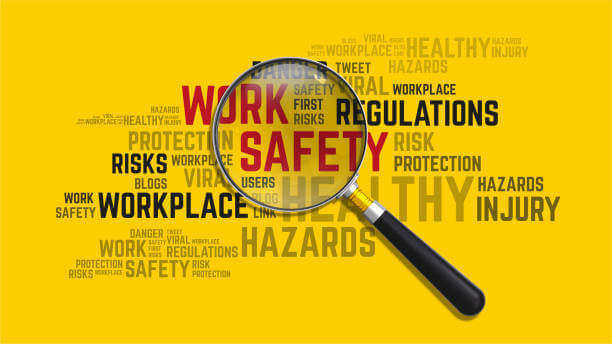Charges against Whakaari Management Limited (WML) as Landowner Upheld
Cases, General, Health and Safety / 23 November 2023

Introduction
WML was charged as landowner of Whakaari, under two sections of the Health and Safety at Work Act 2015 (HSWA) for in summary, failing to ensure the health and safety of people entering/exiting (s37 HSWA) and in the workplace (ie on Whakaari) (s36(2) HSWA).
In each charge, WorkSafe alleged that the failure exposed individuals to a risk of death or serious injury arising from volcanic activity. WML defended the charges, arguing it was only a landowner and did not control the workplace, ie activities on Whakaari.
Section 37 Charge
Section 37 of the HSWA provides: “A PCBU who manages or controls a workplace must ensure, so far as is reasonably practicable, that the workplace, the means of entering and exiting the workplace, and anything arising from the workplace are without risks to the health and safety of any person.”
The Court held that WML was not merely a passive landowner as it:
- generated income by allowing commercial activity in terms of walking tours on Whakaari; and
- entered into contractual arrangements that gave it a level of control and ability to terminate the arrangements in the event of a breach.
It was ultimately found that while WML could not eliminate the risk of eruption, it had not undertaken an adequate risk assessment of the tour activities and had not engaged volcanology experts or health and safety experts to consider appropriate controls.
Section 36(2) Charge
In contrast, the Court dismissed the s36 charge, holding that WML did not have workers on the Whakaari and thus the island was never WML’s workplace. While WorkSafe argued for a broader interpretation of s 36, it was held that WML had a duty under s37 and it was not necessary to adopt WorkSafe’s interpretation of s36. Ultimately, as WML did not have workers, it could not influence or direct them.
Message for Employers
This case highlights the duties on landowners in respect of health and safety in liaison with PCBUs using the land, the importance of carrying out targeted and comprehensive risk assessments and the need to obtain expert advice on obligations and how to ensure these are met.
Disclaimer: We remind you that while this article provides commentary on employment law, health and safety and immigration topics, it should not be used as a substitute for legal or professional advice for specific situations. Please seek legal advice from your lawyer for any questions specific to your workplace.